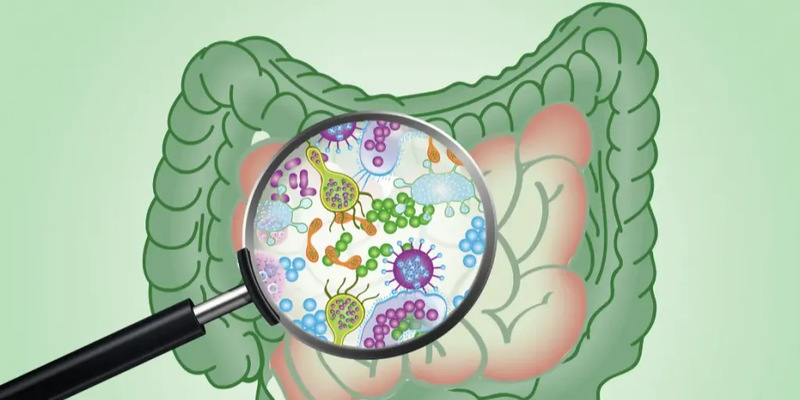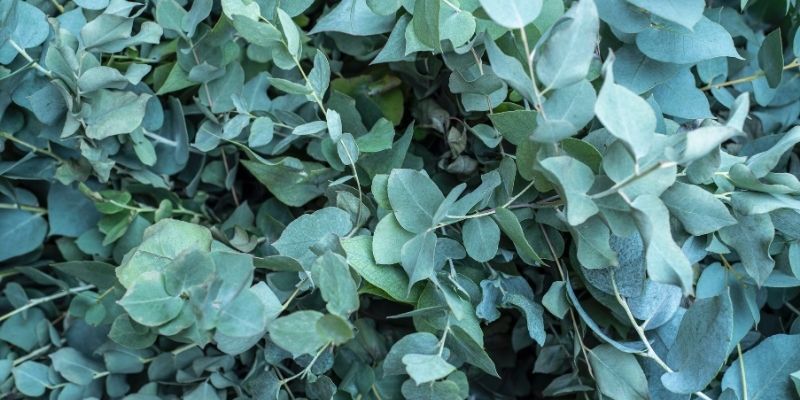What to Eat and Drink for Relief from Migraine Pain?
Migraines can be devastating with symptoms including severe headaches, nausea, light sensitivity, and exhaustion that interfere with day-to-day functioning. The common triggers of migraine include stress, weather changes, and sleep problems, yet diet has a significant impact on whether migraine symptoms become worse or get better. Natural migraine management can lessen the frequency and severity of headaches by understanding what to eat and drink.
In this article, we will cover dietary recommendations, methods, and potential migraine-relieving foods and drinks.
Diet Recommended for Migraine

Diet has an effect on blood sugar, inflammation, and brain chemistry, all of which can either provoke or alleviate migraines. Some foods can worsen allergy symptoms by triggering the widening of blood vessels or influencing serotonin levels in the body. This can lead to increased inflammation or discomfort. On the other hand, some foods can alleviate the symptoms of migraine.
Foods for Migraine Relief
Listed below are the food items that may help relieving the symptoms of migraine:
Fatty Fish
Omega-3 fatty acids-rich fish help prevent migraines as they have anti-inflammatory qualities that can lessen the intensity of migraines. Fatty fish like salmon, mackerel, and sardines can help.
Greens with leaves
Migraineurs frequently lack magnesium and riboflavin (Vitamin B2), which are abundant in spinach, kale, and Swiss chard. The frequency of migraines is decreased by riboflavin, which promotes the creation of cellular energy, and magnesium, which relaxes blood vessels.
Seeds and Nuts
Magnesium has been connected to preventing migraines and is abundant in almonds, cashews, and sunflower seeds. They also include a lot of antioxidants and good fats that help fight inflammation.
Ginger:
The natural anti-inflammatory properties of ginger make it an effective remedy for migraine-related nausea and pain. To feel better right away, try eating some gingereither powdered, fresh or in a tea form.
Bananas
Bananas are high in potassium and magnesium. They aid in electrolyte balance, which is essential during a migraine attack, mainly in the case of dehydration.
Moderate Dark Chocolate Use
Magnesium and antioxidants can be found in premium dark chocolate that has little added sugar. It should be used carefully, though, as some migraineurs may find it to be a trigger.
Drinks for Treating Migraines

Drinks that can help migraineurs are:
- Water:
Dehydration is a common cause of migraines. Avoiding migraines and reducing their symptoms requires drinking enough water.
- Herbal Tea:
Peppermint tea: Relaxes tense muscles and relieves headache discomfort.
Chamomile tea: It helps calm the nervous system and encourage relaxation which may help with migraines caused by stress.
Ginger Tea: It offers the perfect blend of calming hydration with the anti-inflammatory properties of ginger.
- Moderately Caffeinated Beverages
A tiny dose of caffeine can narrow blood arteries and temporarily ease migraines. Moderation is essential since too much caffeine might cause rebound headaches.
- Smoothies
Fruits, leafy greens, and ingredients like yogurt or almond milk can be blended to make nutrient-dense smoothies that promote the body's and brain's general health. Turmeric or ginger increases the anti-inflammatory effects.
- Drinks High in Magnesium
Restoring magnesium levels and lessening migraine symptoms can be accomplished with DIY remedies like spinach smoothies or drinks supplemented with the mineral.
Foods Not to Eat When You Have Migraines
Certain foods are known to cause migraines, while others can help control them. Typical offenders include:
Aged cheese
Tyramine, a substance connected to migraines, is found in cheeses like Parmesan, blue cheese, and cheddar.
Cured and Processed Meats
Preservatives called nitrates and nitrites, which can widen blood vessels and cause migraines, are frequently found in bacon, hot dogs, and deli meats.
Artificial Sweeteners
Many diet sodas and sugar-free goods include aspartame, which has been shown to cause migraines in sensitive people.
Monosodium glutamate, or MSG
MSG, frequently found in processed meals, including Chinese takeout, can cause headaches by overstimulating nerve endings.
Overconsumption of Caffeine
Caffeine may be helpful in small doses, but too much of it might cause migraines.
Migraine-Friendly Diet Tips:
A few diet-related tips to prevent migraine are:
Maintain a Food Journal: Keep a food and drink journal to spot any patterns or possible triggers.
Eat Frequently: Missing meals can lower blood sugar levels, leading to migraines. Maintain a routine with well-balanced meals and snacks.
Emphasis on Whole, Fresh Foods: Prioritize fresh fruits, vegetables, lean meats, and whole grains above processed foods.
Hydrate: Drink plenty of water, along with eating hydrating foods like cucumbers and melons.
Make a plan: Instead of turning to potentially migraine-triggering convenience foods, make meals and snacks high in magnesium and other minerals that help relieve migraines.
Natural Treatments for Migraines Other Than Diet
Even while food is essential, you can also try these other natural ways to help manage migraines:
Essential Oils: To relieve headaches, use peppermint and lavender for the temples.
Yoga and Meditation: Migraines can be less frequent with reduced stress.
Sleep hygiene: To avoid migraines, get regular, sound sleep.
Supplements: Consider taking riboflavin or magnesium supplements after speaking with your physician.
When to Get Expert Assistance?
While many people find success with natural therapies and dietary adjustments, certain migraines require medicinal assistance. See a medical professional if:
- You suffer from severe or frequent migraines.
- Changing lifestyle does not alleviate symptoms.
- You develop novel or uncommon symptoms, such as vision loss or a persistent aura.
Conclusion
Effective migraine management requires a multi-factor strategy, with nutrition as a foundation. Migraines can be less frequent and less severe if foods high in magnesium, omega-3 fatty acids, and other vital minerals are included. A comprehensive alleviation plan combines these dietary techniques with stress reduction techniques, enough water, and natural medicines.
You may manage your migraines and enhance your quality of life by being aware of your triggers and choosing foods and beverages wisely.











